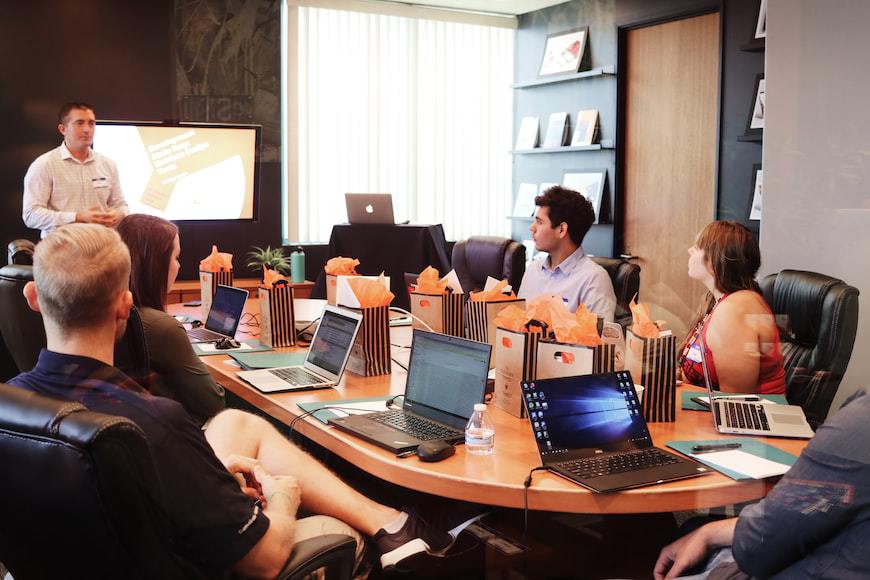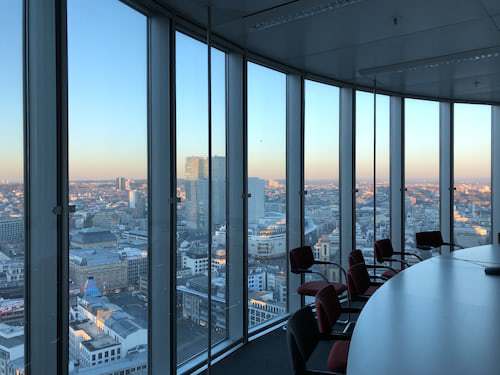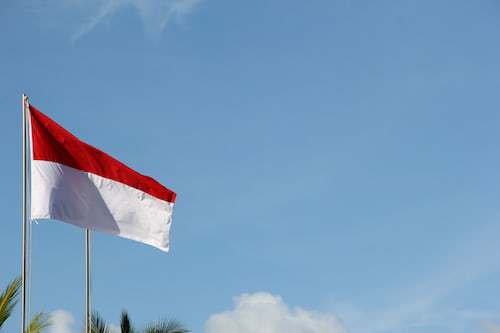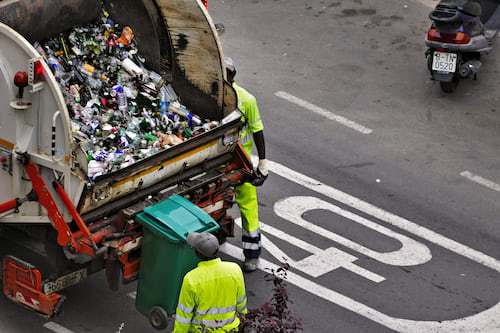HR Outsourcing in Indonesia
Human resources outsourcing or commonly known as HR Outsourcing in Indonesia is a term used for a practice when an organization/company hires a third-party institution to manage its human resources activity and administrative matters. Generally in every company, human resources are among the most crucial aspects within the overall operations. In the simplest of terms, HR manages the humane aspects in your company: how your employees perform at work, and also how they get paid. Most companies have their own HR department, which consists of their internal HR employees. However, there are several instances where companies need more help.
Why Do Companies Use HR Outsourcing?
First, managing HR affairs internally could be difficult for companies with thousands of employees. For newly established foreign companies in Indonesia, managing HR affairs internally could be quite a hassle, especially when they’re often not yet familiar with the local laws and regulations. For these two scenarios, using HR outsourcing services is an excellent choice. Before making the choice to use HR outsourcing in Indonesia, it is important to know about the services usually provided.
Type of Services in HR Outsourcing in Indonesia
1. Payroll
In the world of HR, payroll might be the most outsourced service for companies. Calculating and paying salaries could become quite tricky if you conduct the process internally. Do not forget that paying salaries correctly and on time is a sign of the company’s commitment to the employees. In other words, there is no room for error on this front and the company’s reputation as a whole is at stake. This is precisely why using outsourced payroll services are popular.
2. Employee Benefits
Apart from the base salaries, most companies also provide additional benefits packaged to their employees. These benefits could come in the form of health insurance, post-retirement funds, and many more. Providing these additional services makes the company more competitive in terms of recruiting the best talents available.
3. Employee Relations
Working with huge targets in mind, chased by deadlines could cause friction among employees or with the supervisors. HR outsourcing personnel in Indonesia are well-experienced to become mediators and manage internal conflicts when necessary. The external HR personnel can also be tasked to formulate company rules which will be adhered to by every single employee. Doing all these procedures could potentially improve employee relations within your company.
4. Recruitment
Another service most commonly tasked to outsourced HR personnel is recruitment. The external HR personnel will be tasked to identify, approach, and present potential new recruits which can be suited to your specifications. You can then focus on the interview process and give the final approval before the appointment is finalized.
5. Performance Review by HR Outsourcing in Indonesia
HR Outsourcing in Indonesia can also help you evaluate your employees’ performance. With the pre-existing benchmark and standards already set by the company, the appointed personnel would then measure and determine whether the employees have performed well. They are also able to give advice/suggestions on how the employees can improve.
Reasons to Use HR Outsourcing in Indonesia
After knowing the wide range of services that can be provided by outsourced HR personnel, here are more reasons that should convince you to use their services:
1. Using HR Outsourcing in Indonesia can Save Cost
Should you choose to use HR outsourcing services, you will obviously need to pay a certain amount of fee. However, it will be much cheaper than paying the salary of internal HR employees. Furthermore, you will need to organize training programs for the outsourced HR workers. Most HR outsourcing companies have personnel well equipped to manage your HR-related matters.
2. Minimize Risk
Payroll procedures, calculating benefits, managing employee data could be a long and time-consuming process. Processing these data for hundreds or even thousands of employees makes it highly possible for errors to occur. By using HR Outsourcing in Indonesia, you will have an experienced workforce with high attention to details.
3. Regulation Compliance
In Indonesia, matters regarding workforce and their rights are important. In a HR outsourcing institution, understanding and complying with the local laws and regulations are parts of their job specifications. By using their services, you will be absolutely sure of complying and implementing the rules correctly in your HR-related affairs.
4. Data Security
Plenty of HR services involve the usage and processing of personal data. Generally, HR outsourcing organizations use highly-secured data storage with encryption features, meaning that your company and employees data will be safe and will not fall into the wrong hands.
5. Objectivity
Just like the name, human resources, the field of HR deals with the humane aspects of work life. Inevitably, this will involve sentiments and emotions. By hiring external, outsourced, HR personnel, you will be able to deploy people without prior ties or relations to the companies or its employees so in turn, they can become more objective. When you ask them to evaluate someone, they will focus solely on their performances and not something based on relation or familiarity.
How can Double M help?
Using HR outsourcing in Indonesia can help you manage your HR affairs. Double M provide various HR services ready at your disposal.









